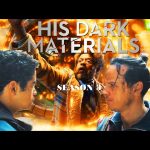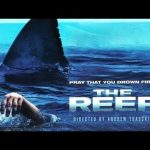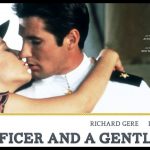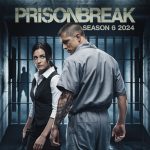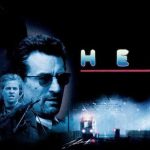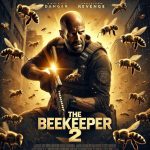Jungle Holocaust (1977)
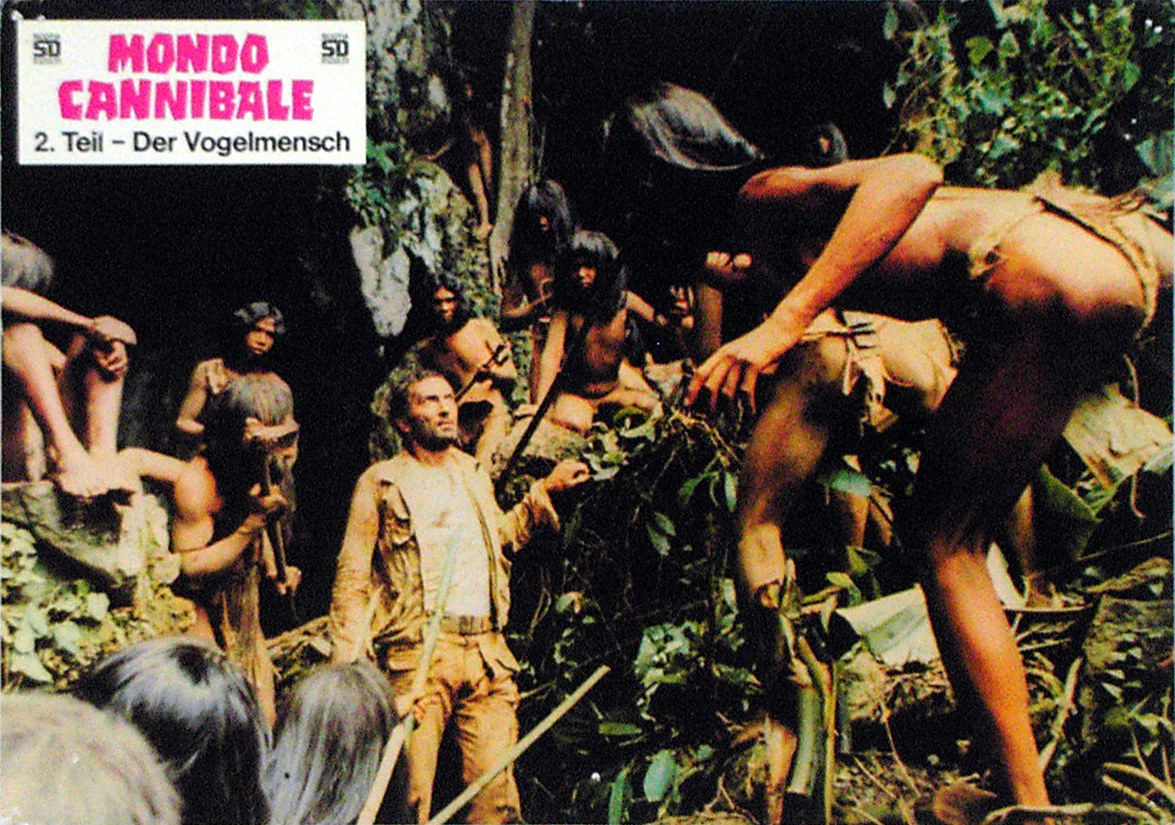

The plot follows oil prospector Robert Harper (Foschi) and his colleague Rolf (Rassimov), who, along with a pilot and a Filipino woman, crash-land in the Mindanao jungle of the Philippines (filmed in Malaysia). They discover an abandoned camp and a rotting corpse, signaling danger. After the pilot is killed by a booby trap and the woman, Swan, is eaten by cannibals, Robert and Rolf are separated. Robert is captured by a savage tribe, stripped, humiliated, and caged in a cave, enduring torture and degradation. A native woman, Pulan (Me Me Lai), shows sympathy, aiding his escape. Robert, descending into savagery, takes Pulan hostage, later committing rape and violence. Reuniting with an injured Rolf, they face pursuit by the cannibals, who kill and consume Pulan. Robert ultimately escapes, but his humanity is profoundly scarred.
Shot on a low budget, the film’s gritty realism stems from its Malaysian jungle locations and use of local extras, though its gore effects (e.g., fake blood) are often unconvincing. Ubaldo Continiello’s score adds tension, though it’s overshadowed by the film’s shocking content, including real animal killings (e.g., a crocodile disemboweled alive) and explicit scenes of cannibalism, nudity, and sexual violence. These elements, meant to sensationalize, led to heavy censorship—e.g., the UK’s 1977 cinema release cut 4 minutes of gore, nudity, and animal cruelty. The film’s claim of being based on a true story is dubious, with no verifiable record of Robert Harper.
The cast delivers mixed performances: Foschi conveys Robert’s psychological unraveling, while Me Me Lai, a staple in cannibal films, brings a quiet intensity despite limited dialogue. Rassimov’s role is underutilized, appearing mainly at the start and climax. Deodato’s direction emphasizes raw immersion, with striking jungle visuals, but the film lacks the narrative depth or moral commentary of Cannibal Holocaust. Critics gave it mixed reviews, with a 5.9/10 on IMDb and praise for its atmosphere but criticism for its thin plot and ethical issues. DVD Talk’s Mike Long gave it 2/5 stars, noting its lack of story or character development. Fans on Amazon rate it higher (4.3/5 from 200 reviews), valuing its cult status.
